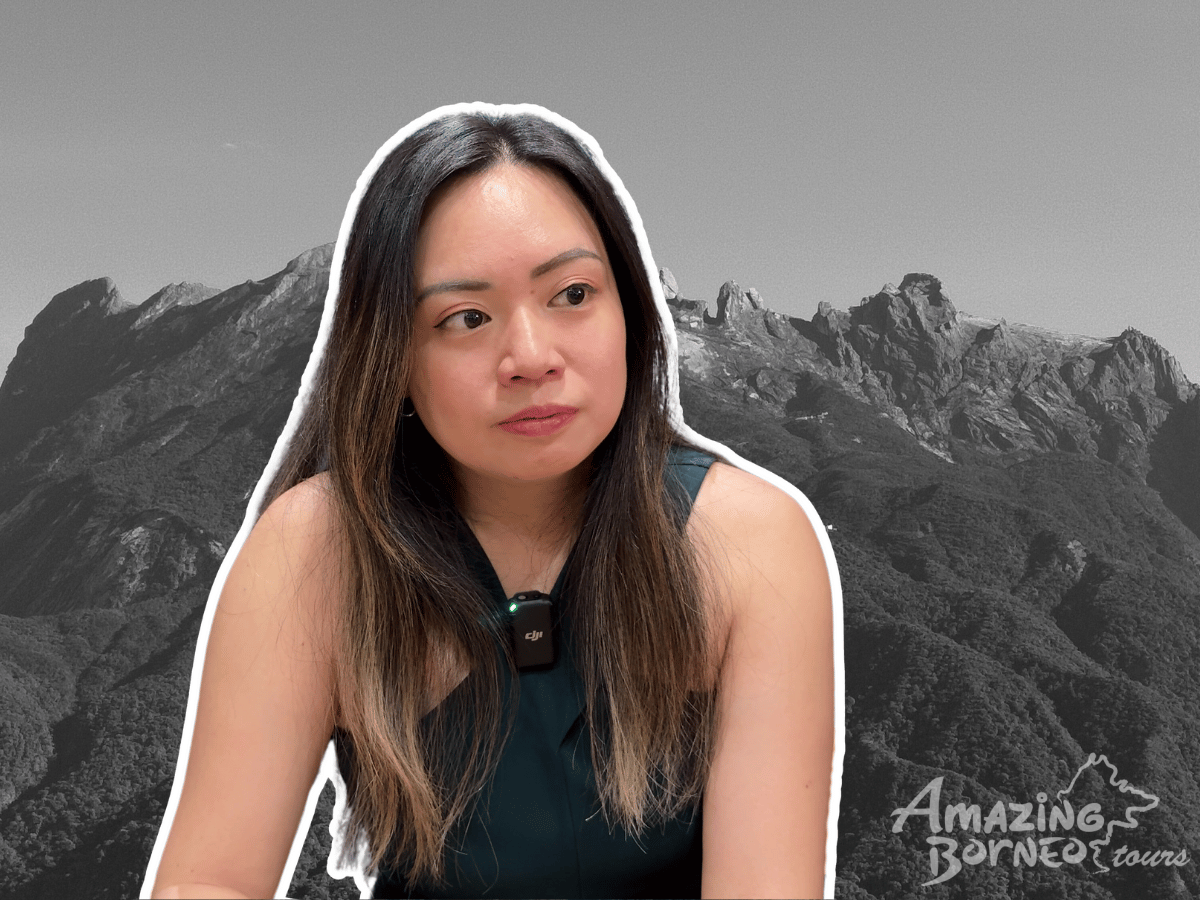In 2015, Emily Lim, Sales Director at Amazing Borneo, was leading a school group from Singapore through the start of their six-day programme in Kota Kinabalu. On the morning of their second day, everything changed.
"We were in town in one of the hotels early morning. We were getting ready to go for breakfast and then go out for a day at the islands," Emily recalls. "Suddenly I felt a moment of dizziness."
What followed was the surreal realisation that it wasn’t dizziness. It was the ground shifting. Moments later, she began to hear cabinet doors rattling and feet stomping in the hall. Then the words: "Earthquake! Earthquake!"
"As a Singaporean who had never experienced such a natural disaster before, it was shocking," Emily said. But even amid confusion and uncertainty, she kept her focus clear: protect her students, remain calm, and make informed decisions without escalating fear.
She worked with the teachers to weigh the options: should the group remain at the hotel where aftershocks might pose risks, or continue with the day’s itinerary to keep the students active and avoid panic?
While the full impact of the quake was still unknown, she focused on gathering credible information and balancing the need for caution with the importance of maintaining calm among her students.
Crisis Response Begins
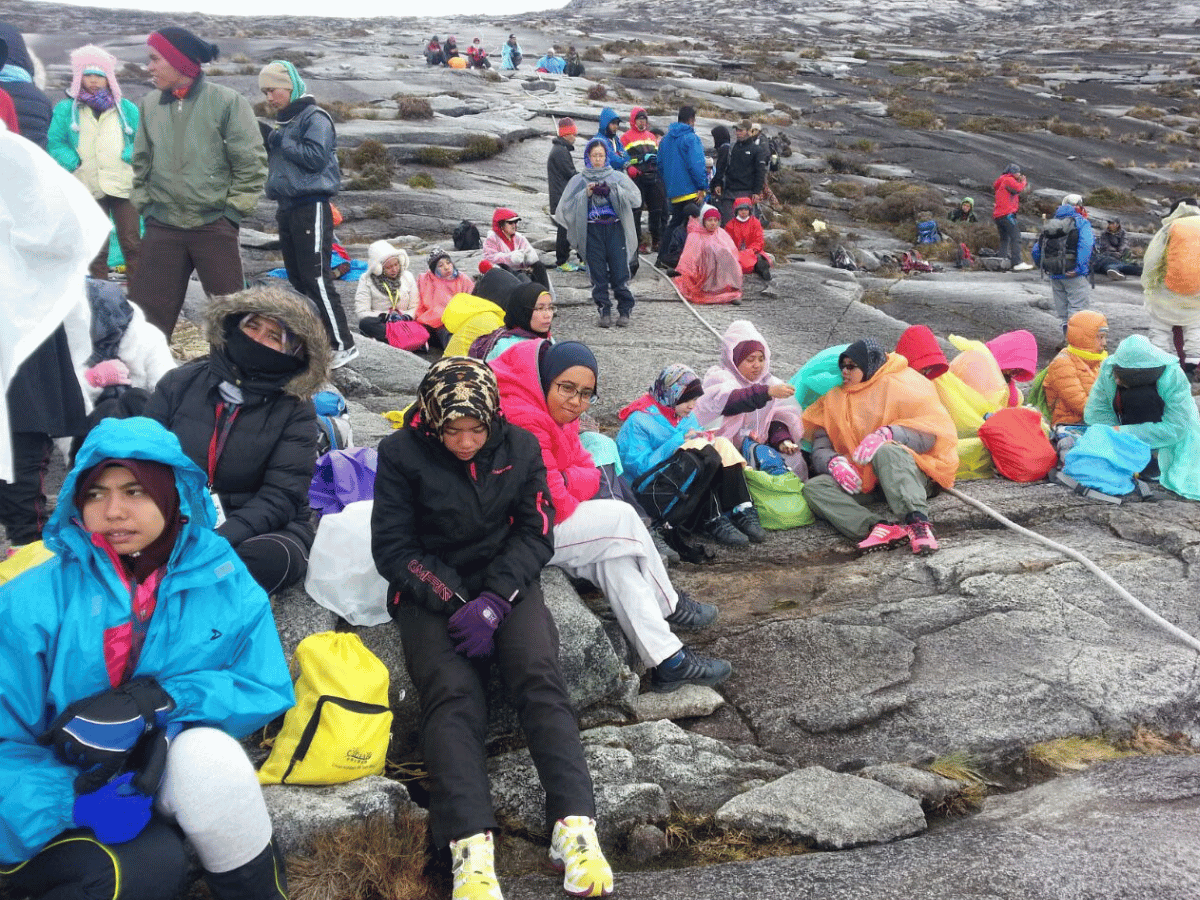 (Photo: Nurul Hani Ideris)
(Photo: Nurul Hani Ideris)
Despite the uncertainty, Emily sprang into action. Her first priority was ensuring her students' safety. "My first thought was to quickly run up and check if they're still at the breakfast place. But thank goodness they had already evacuated down."
Ultimately, they decided to proceed to the island, a decision rooted in both pragmatism and the well-being of the students. "We also thought it wasn't great for the kids to be locked up in their rooms."
While the students remained calm and carried on with their activities, Emily quietly began seeking updates and coordinating contingency plans behind the scenes.
"While they're playing happily at the island, unaware what's going on, I was busy making phone calls and trying to arrange for flights."
The gravity of the situation hit when she received word from the Singapore High Commission: the students must fly home immediately.
Then came the devastating news. One of Amazing Borneo’s own mountain guides had died. "That was when it was like, wow, this is a lot bigger than I expected. It's not just tremors; it's actual lives that have been taken."
From Service Provider to First Responder
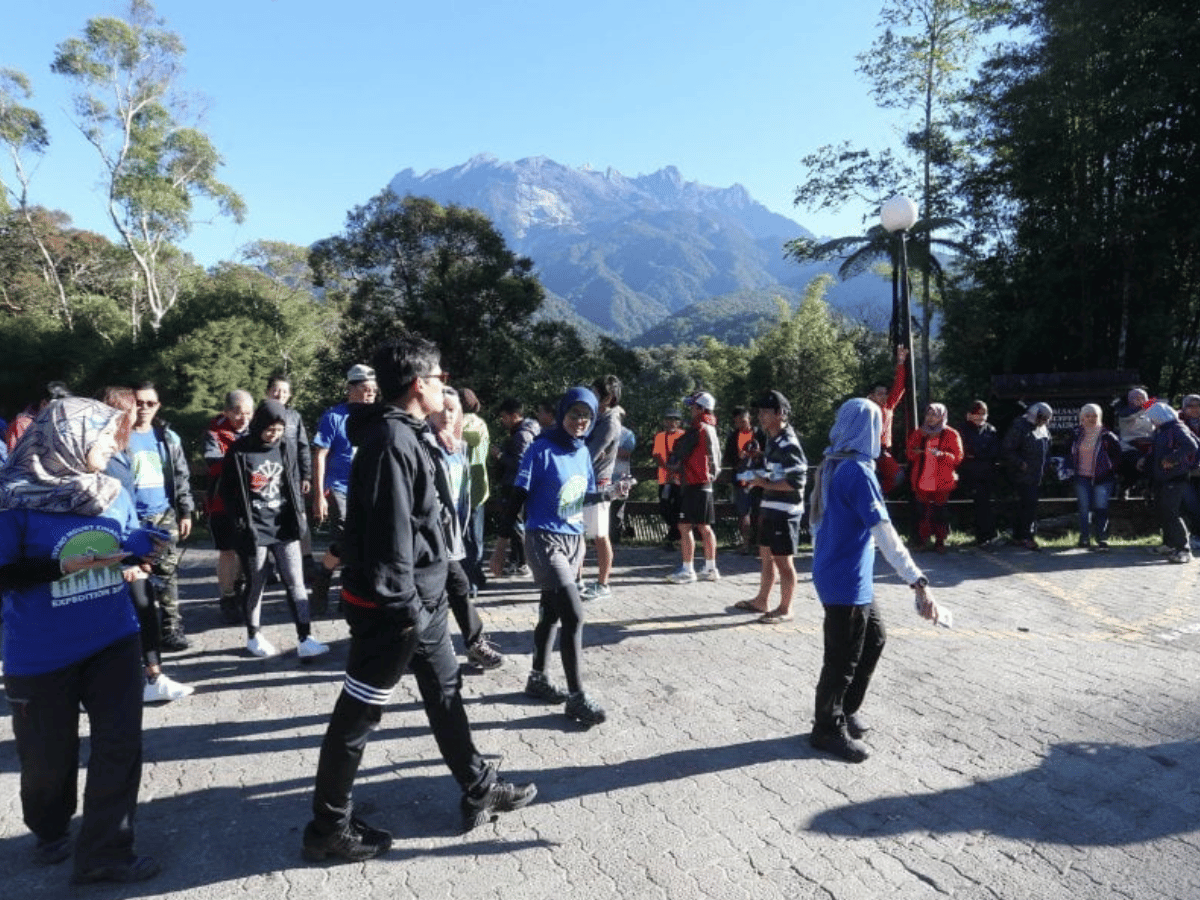 (Photo: NSTP / Khairull Azry Bidin)
(Photo: NSTP / Khairull Azry Bidin)
After the school group safely flew home, Emily was assigned to receive the families of affected climbers.
"We had to bring them to Kinabalu Park. It was all very sudden, very surreal. There was not much time to process."
As they approached the mountain, the scars were visible: "You could actually see the streaks on the mountain of where the rocks had fallen down. Everyone was just traumatised."
Guides, porters, and staff waited anxiously for news. "One of our mountain guides was actually injured and yet he still wanted to go back in. I said, 'You're injured.' And he said, 'I don't care. These are people's lives.'"
Then came the announcement: the bodies had been found. "The most heart wrenching moment was watching the families have to receive the news, and to see their faces crumble, from hope to devastation."
During the evacuation process, Amazing Borneo quietly mobilised their vans and buses to support the urgent transfers from Timpohon Gate to Kinabalu Park and onwards to Kota Kinabalu. This gesture, offered amid grief and urgency, reflected Emily's and the team’s instinctive response, doing what they could for the mountain and people they cared deeply about.
When No One Else Was Answering
While many organisations were still piecing together information, Amazing Borneo found itself in the position of relaying updates to concerned families and media.
"When I came back to the office, it was a warzone. Phones ringing nonstop... BBC, The Guardian, they were all calling us for information because we were the only company that could give real-time updates."
The team quickly mobilised to offer alternatives to affected climbers, maintain public trust, and support emotional recovery. Their steady, coordinated response offered clarity and reassurance during a moment of widespread uncertainty – a reflection of their deep ties to the mountain and community.
A Company in Grief
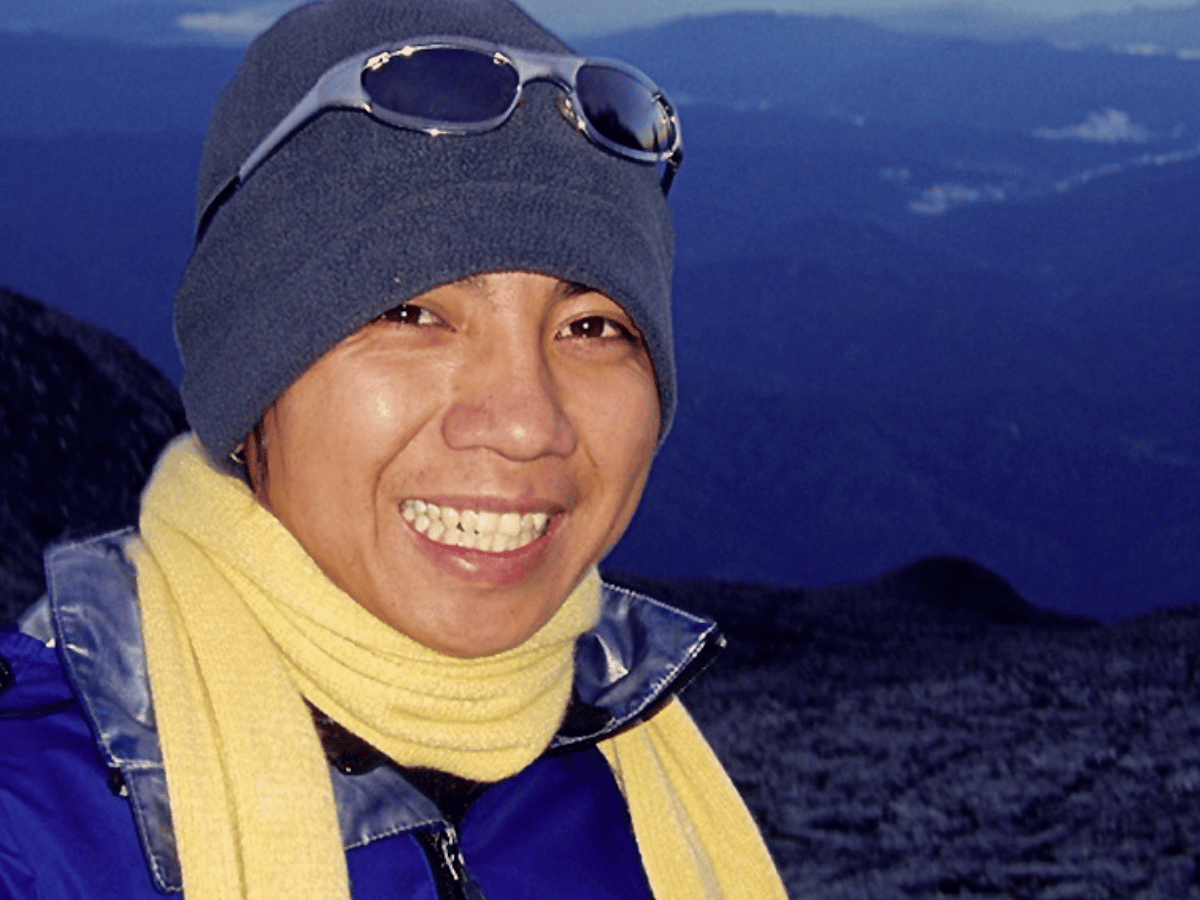 (Photo: Wordpress)
(Photo: Wordpress)
For Emily, it was also deeply personal.
"Robbie had climbed with me for three of my climbs before this. So, it wasn't just losing a colleague, it was losing a friend."
Robbie’s final moments were marked by bravery. One of his climbers, Khunakorn Kocharint from Thailand, later told Amazing Borneo staff that he had been hit by rocks and lost consciousness. When he awoke, Robbie was by his side – injured, but alert – urging him to go down quickly ahead of him. Khunakorn made it down and, despite language barriers, drew a map to help staff locate where Robbie had fallen.
"Robbie kept telling him, 'Go.' Robbie actually got hit by the rocks and was not able to continue. He wanted to help him, but Robbie insisted, 'No, just go down now.'"
A few days later, Emily visited Khunakorn in the hospital. “He had nothing but grateful words to say about our mountain guide and how, even to the end, they really put their climbers' lives first over theirs. It's always in these kinds of times that you really see people's true colours, whether they are looking out for other people. And I think our mountain guides really, really live that through.”
A New Trail, A New Beginning
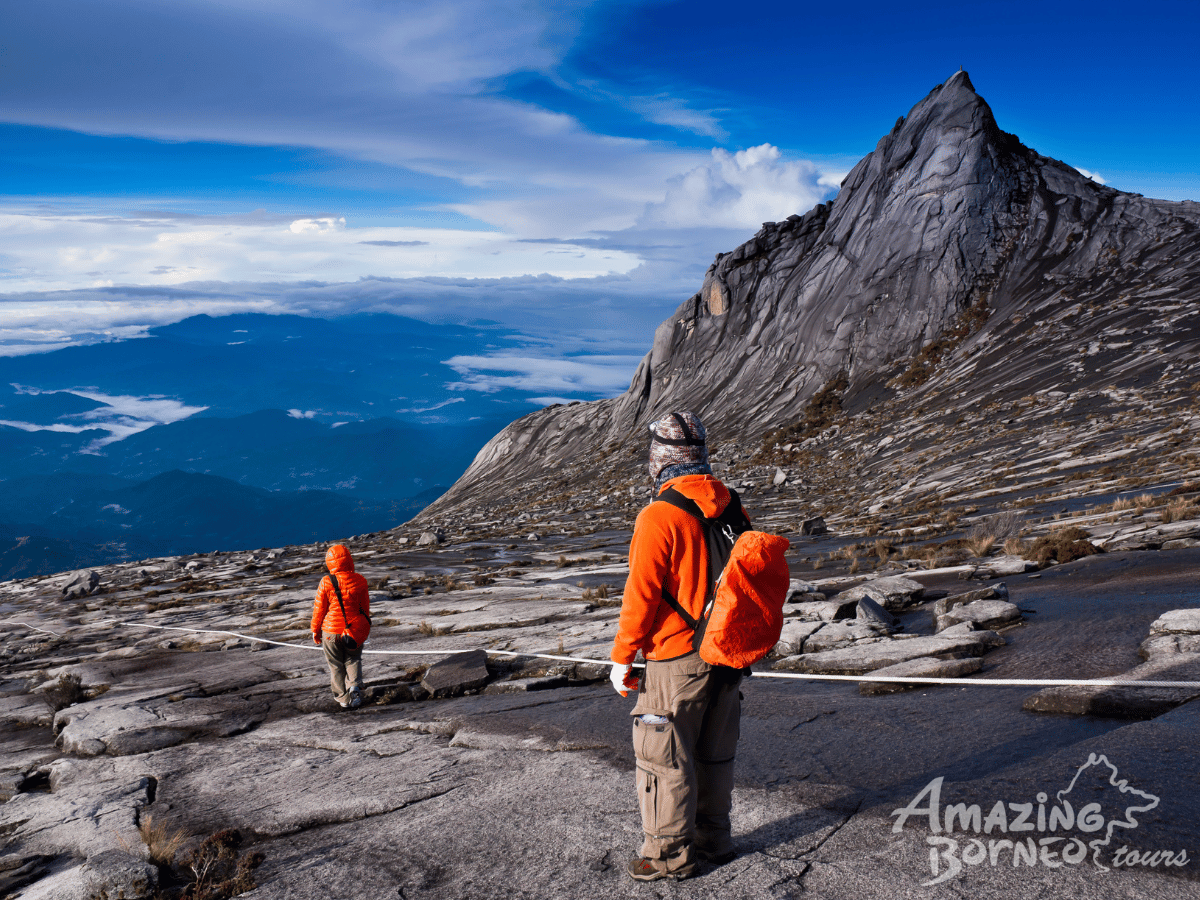
When Mount Kinabalu reopened in December 2015, Emily and the team hiked the new trail.
"You pass points in the trail that had been damaged or even destroyed by the rocks. It was a very somber climb. While you’re excited about the new trail, at the same time you’re paying respects to those who had lost their lives.”
Despite the grief, there was renewal: "Seeing the new trail that was done even better than before, it became a story of hope and new beginnings. Just because terrible things happened doesn't mean it's the end."
"If there's anything that I would want people to remember, I would want people to remember the courage, the hope, the reality that life is really fragile. Never be shy to say, 'I love you.' Never be shy to give that hug."
Today, Mount Kinabalu is more than a mountain – it’s a monument to resilience. Since the earthquake, significant safety enhancements have been implemented: improved trails, disaster simulation exercises, and the establishment of MOSAR (Mount Kinabalu Search and Rescue Team), staffed primarily by seasoned mountain guides.
For Emily, those who stood firm amid the chaos – guides, porters, colleagues – remain the enduring heroes of that day. Her story is not only one of crisis management, but of compassion, conviction, and a deep respect for the mountain and its people.

